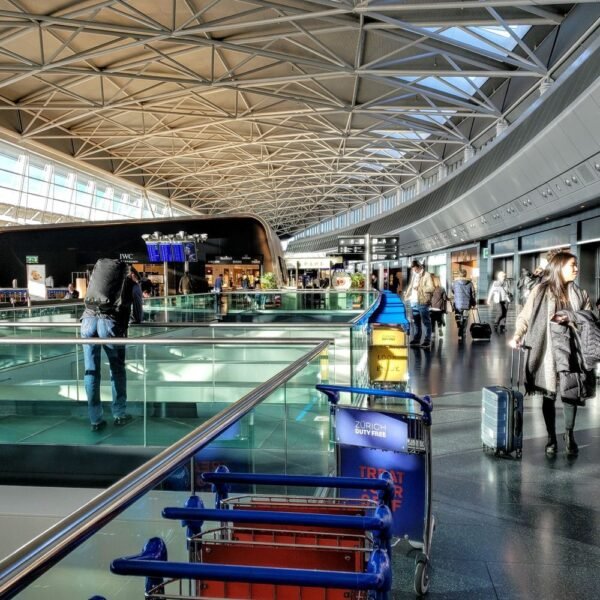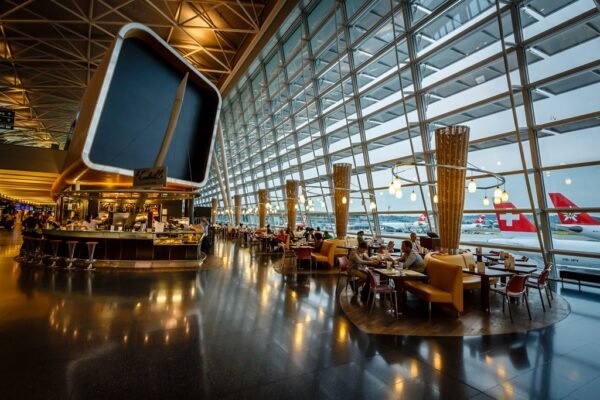
Zurich is the Best Airport in New European Rankings

2023 is shaping up to be a story of both great challenge and great promise for European travelers and airports alike. In the third edition of the European Consumer Airport Index, the Consumer Choice Center has refined and updated the rankings using data provided by airports, annual reports, online statistics, and independent research.
Several of the best-performing airports in the index remain at the top: Zurich, Brussels, and Frankfurt lead the pack as the top 3 airports in Europe for passengers.

Several factors were used to assess airports ranging from their location and transportation services to the availability of consumer-friendly amenities like shops and restaurants. There’s also a focus on security waiting times, and the average caseload of flight delays.
“This index is a vital resource for travelers looking to get the most out of their experience flying in Europe. An awful airport experience can be a black mark on an otherwise incredible adventure, and we’re pleased to share our latest rankings with the world so they can be more prepared and fly smarter,” said Emil Panzaru, Research Manager with the Consumer Choice Center.
An enormously positive development in travel is that consumer confidence in the airline sector rebounded after the peak of the COVID-19 pandemic. Just this April, the European division of Airports Council International registered a 21.1% rise in passenger traffic compared to 2022. Yet, more crowded airports often lead to worse service. Some locales in the index were uniquely affected – Dusseldorf dropped from 2nd place in 2020 to 16th this year.
Warsaw Chopin made its debut on the Airport Index, marking the first time a Polish airport was featured in the ranking. Boasting a reported 14.4 million passengers in 2022, it reflects Poland’s increasing prominence as an Eastern European leader and Russia’s isolation on the world stage.
Flyers today are faced with the harsh realities of geopolitics before they even set foot on a plane. In the wake of Russia’s invasion of Ukraine, the United States, European Union, the United Kingdom, and Canada all coordinated to block Russian flights from using their domestic airspace. Russia retaliated by closing its skies to 36 countries. This means long detours for travelers around Russia, painful layovers, and more hours spent en route to your destination.
Panzaru continues, “The world has changed profoundly since 2020, and it’s precisely why we’ve renewed our ranking of Europe’s airports. Consumers deserve great travel experiences and resources to better understand their options when they plan their next adventure.”














































